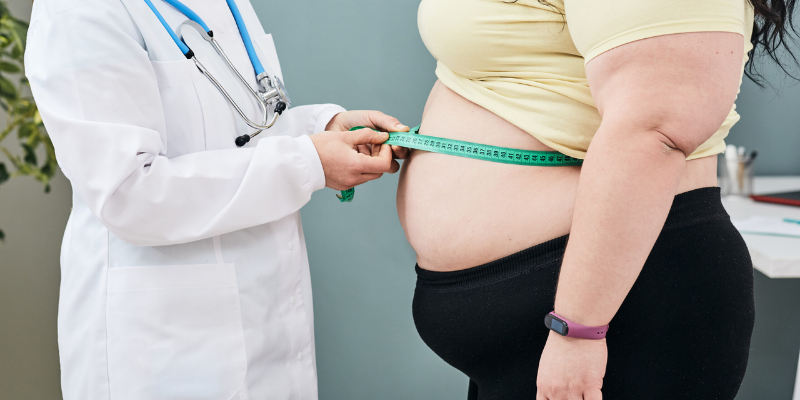Is Weightloss Surgery Painful?
Is weightloss surgery painful? If you’re about to have surgery to help you lose weight, you’re probably excited about how it will turn out. You should lose a lot of weight. If you have a medical condition like type 2 diabetes or sleep apnea that is caused by your weight, it may get better. 95% of people who have surgery to lose weight say their quality of life also gets better. You should get ready for the recovery and know what you need to do to make the changes last. Ask your doctor what to expect exactly. It might depend in part on how much weight you have now and what kind of surgery you have.
Sleeve gastrectomy is a weight loss surgery that is becoming more common. When someone gets a sleeve gastrectomy, about 40% of their extra weight is lost. After gastric bypass surgery, most people lose 60% of their extra weight. Gastric banding isn’t as common as it used to be as a way to lose weight.
Many people find that their weight loss goes up and down over the course of a few months. Their weight goes down, then stays the same, and then goes down again. Depending on the surgery, you may continue to lose weight for up to two or three years after it.
How Is Weightloss Surgery Painful?
Most gastric bypass surgery is done laparoscopically, which means the surgeon makes small cuts. So, it takes less time to get better. Getting weight loss surgery could cause both short-term and long-term problems. Different types of surgery have different long-term risks. About 40 percent of people have some kind of problem. Less than 5% have really bad problems.
Constipation is common after surgery to help someone lose weight. Your doctor will tell you what to do. Don’t take granular fibers like Metamucil or psyllium, which can clog your intestines. Dumping syndrome happens when someone who has had weight loss surgery eats a lot of sugar after the surgery. Most of the time, soda or fruit juice is to blame. The sugary food moves quickly through the stomach, which can make you feel sick, throw up, or feel weak.
When you lose a lot of weight quickly, you often get gallstones. Up to 50% of people who have gastric bypass surgery will get gallstones, but these are usually harmless. Gallstones can sometimes make you feel sick, make you throw up, or hurt your stomach. About 15% to 25% of people who have gastric bypass surgery need surgery to remove their gallbladder.
Up to 3 weeks after surgery, wound infections can happen. Redness, heat, pain, or thick drainage (pus) from the surgical wound are all signs. Infections in wounds need antibiotics and sometimes more surgery to fix.
Bleeding
Bleeding in the stool, which can look like black or red stools, is a serious problem. Tell your doctor right away, or go to a hospital emergency room. Less than 1% of people ever get blood clots in their lungs. They can be dangerous to your life. But most blood clots can be stopped by taking blood-thinning drugs and staying active. Leaks in the new connections made by weight loss surgery are rare but serious. Most of the time, they happen within 5 days of surgery. Pain in the stomach and feeling sick are common signs that you should call your doctor about. Also, you may notice that your skin is sagging. You might decide to have surgery to get rid of it.
After gastric bypass or some other types of weight loss surgery, the health benefits often happen right away. For example, your diabetes might get much better. The same could be true for arthritis, sleep apnea, high cholesterol, high blood pressure, and other conditions.
You don’t have to go without these vitamins and minerals. Choose foods that will give you the most nutrients. Talk to your doctor or a dietitian if you need advice on what foods to eat. Ask your doctor if you need to take any extra vitamins or minerals.
Weightloss Surgery Aftercare Tips
Eat small, frequent meals. Surgery to lose weight makes the stomach small, so it can only hold so much. Having big meals can lead to trouble. Many obese people eat too much at once. It can be hard to get used to eating smaller meals. Drinking during meals is usually not a good idea, because it can wash food out of your stomach too quickly and make you feel less full.
Make a promise to eat well. Ask a dietitian to help you make a plan that will give you all the nutrients you need. It helps you keep the weight off, and it’s often easier after surgery to lose weight because your joints may be better after losing weight. If you aren’t active right now, start out slow and make things harder as you go. Talk to your doctor about how to get started in an easy way. You could also get help from a physical therapist or trainer. Before and after weight loss surgery, many places that help people lose weight offer programs to help them live healthier lives.


